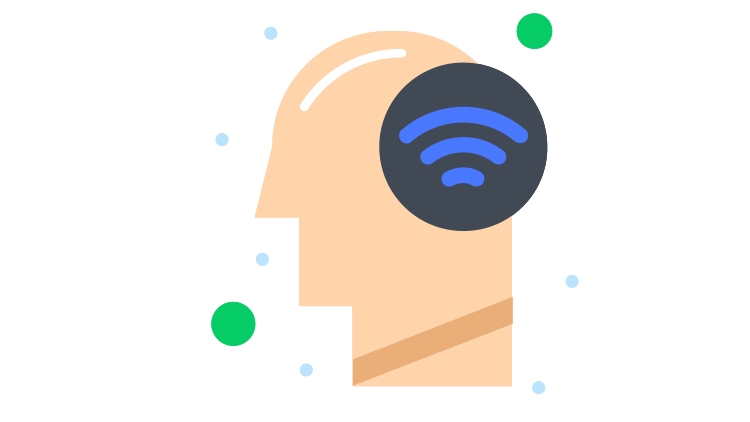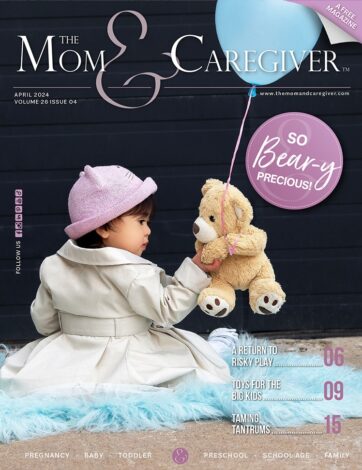Baby Brains!
So far along our journey of speech, language and reading development, we’ve talked about how information gets into our brains and a little about how our brains work with that information. This month, we’ll talk about how important that information is to help our babies develop their speech at the astounding rate that they typically do!
Humans have an affinity for language. Our brains are wired to communicate with complexity that’s just…awesome. Regardless of how we do it – speaking, signing, writing – our communication is complex. It all has to do with the outermost layer of the brain, called the neocortex. It has the most folds and is thicker than that of any other animal, and this allows us to have more brain cells and more brain connections than any other animal’s brain does.
Babies are born with the most brain cell connections that they’ll ever have. As we grow and take in experiences, connections related to these experiences remain and get stronger, while other connections dwindle. This is called “synaptic pruning”. As babies see and hear others talk to and around them, the neural connections responsible for developing their speech and language get stronger. They detect and “register” sounds, tones, gestures, facial expressions, signs and all other things related to communication. All the while, they’re learning to control and coordinate the parts of their bodies that get them ready to speak.
Decades of studies have shown a relationship between the quality of engagement children receive and how soon – and how well – they speak. The same studies show the opposite: when children don’t receive such engagement, they tend to begin talking later, and some show long-term delays in their communication skills. Of course, there are other variables that can cause delays, but this is a big one.
So, talk to babies! A lot. Describe everything around. Sing! Point to stuff! Talk back to them when they make a sound. Babies are taking in everything we say and do, and if we do it with purpose, there’s a pretty good chance we’ll have chatty babies. And that’s a great thing!
Mohamed (Mo) Oshalla, MHSc.,
Speech-Language Pathologist & Executive Director,
Ontario Speech & Language Services














